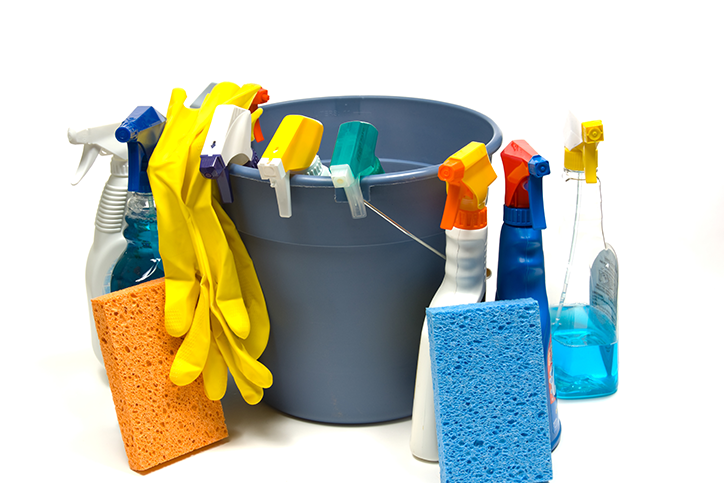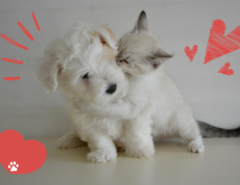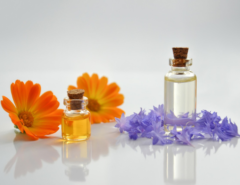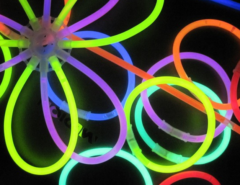Let’s spring into cleaning safely—because sparkling countertops are great, but accidental poisonings are not! Poisoning from household cleaning products is the second most common call to the Maryland Poison Center. The top five most common household cleaning products we receive calls about are:
- Bleach
- Laundry packets
- Dish soap
- All-purpose cleaners
- Disinfectants
Let’s review important information on how to use and store these products safely.
Bleach
Safe use: Many people think that bleach is a deadly poison, but it isn’t when used correctly. If a small amount is swallowed, bleach can irritate the throat and stomach. Never use a drinking cup to measure or store bleach — it can easily be mistaken for water and swallowed. Be careful when using bleach to make sure it doesn’t splash into your eyes or onto your skin. Follow the directions on the label closely when using bleach to clean. Also, don’t mix bleach with other cleaners – this can create dangerous fumes. If you are using other cleaning products after bleach, wipe or rinse the area thoroughly before using the next product.
Safe storage: Only store bleach in its original, labeled container. Do not store bleach in drink or food containers. When not in use, make sure the cap is closed tightly, and the container is up, away, and out of sight.
Laundry Packets
Safe use: Due to their bright colors, good smell, and squishy texture, the Maryland Poison Center frequently receives calls about children getting into these products. Laundry packets contain a very concentrated liquid. If the packet is broken open or dissolved when wet, the liquid can get in the eyes, on the skin, or in the mouth. Follow the directions on the label for use. If your child helps you with the laundry, do not let them handle the laundry packet. Explain that the packet is not a toy and is only for adults to use.
Safe storage: These products should be stored in their original container, up, away, and out of sight. The colorful look and appealing smell can cause children to mistake these products for another item they could eat or drink. Do not store these in a clear jar as they can be mistaken for candy.
Dish Soap
Safe use: Follow label directions. Be sure to rinse items thoroughly after washing them with dish soap. Getting a taste of dish soap residue is not harmful; it just tastes bad. If a small amount is swallowed, no effects are expected. Larger amounts can cause vomiting and diarrhea.
Safe storage: Dish soap is often stored on the counter next to the sink. If you have young children who like to climb, they may easily access the product. If possible, store dish soap a little higher, or in a cabinet, where children can’t see or reach it.
All-Purpose Cleaners
Safe use: There are many types of all-purpose cleaners on the market. When buying a cleaner, remember that products labeled “natural” are not always safe. Products can be labeled “natural” if it’s made from a substance in nature. Substances found in nature can be harmful not used correctly. Children may want to help you clean, so it’s important to explain to them that cleaning products should only be used by an adult or when an adult is watching. They may not know that the spray nozzle needs to be facing away from them and accidentally spray themselves. Some cleaners are bright colored and have labels with fruits, flowers, and other attractive items printed on them. This can cause children (and adults, too!) to think they are drinkable.
Safe storage: Keep all-purpose cleaners stored up, away, and out of sight. Also keep cleaners in their original labeled containers. When cleaning, if you step away to answer the door or phone, put the products back into a safe storage spot or bring them with you so children won’t get into them while your attention is elsewhere.
Disinfectants
Safe use: Be sure to read the directions on the label before use. Disinfectant products may need to sit on the surface for a short period of time before being wiped for the product to work. When using disinfectants, be sure to let the surface dry thoroughly before placing items on it. Products labeled “natural” are not always safe. Products can be labeled “natural” if it’s made from a substance in nature. Substances found in nature can be harmful if not used correctly
Safe storage: Keep disinfectants stored up, away, and out of sight. Also keep disinfectants in their original labeled containers.
If you or someone you know has used a cleaning product incorrectly– getting it in the eyes, on the skin, or in the mouth – the Maryland Poison Center is here for you. Follow these general first aid steps and then call the Maryland Poison Center for assistance. Calling is always free and confidential. If you have or teach children, educating them on asking before touching or tasting something is a great way to prevent poisonings. More information can be found in our Stop, Ask First! Blog.





Leave a Reply